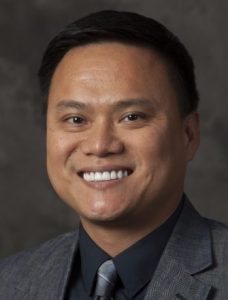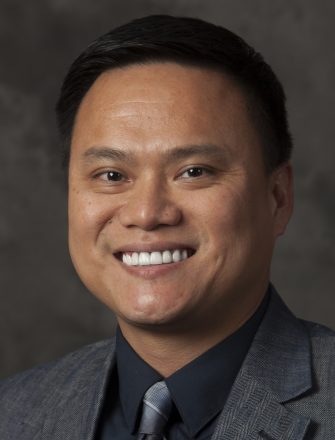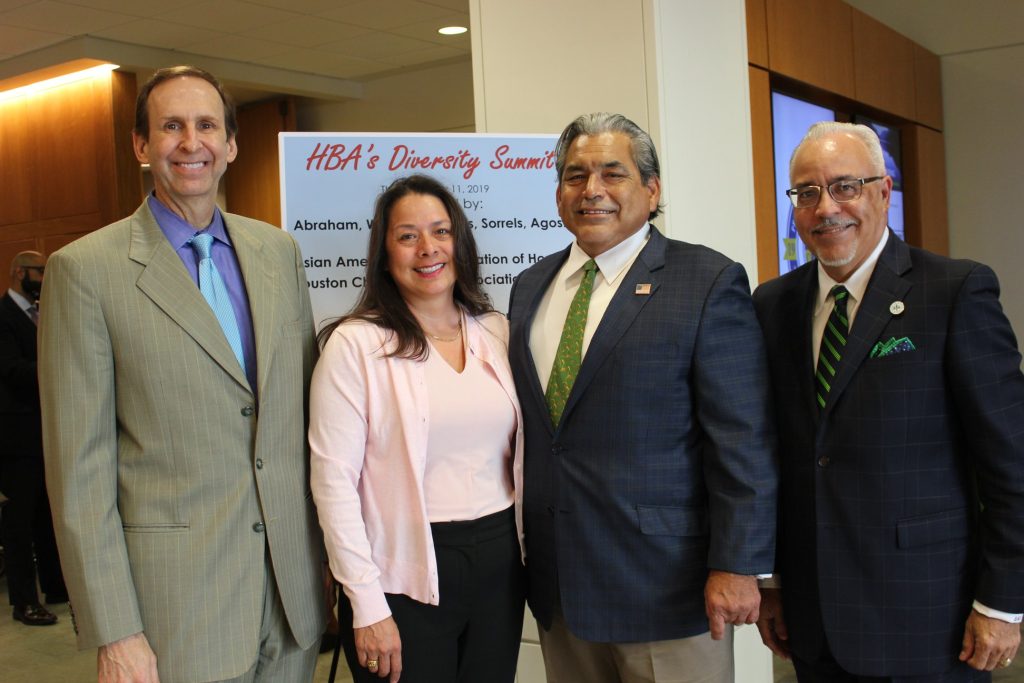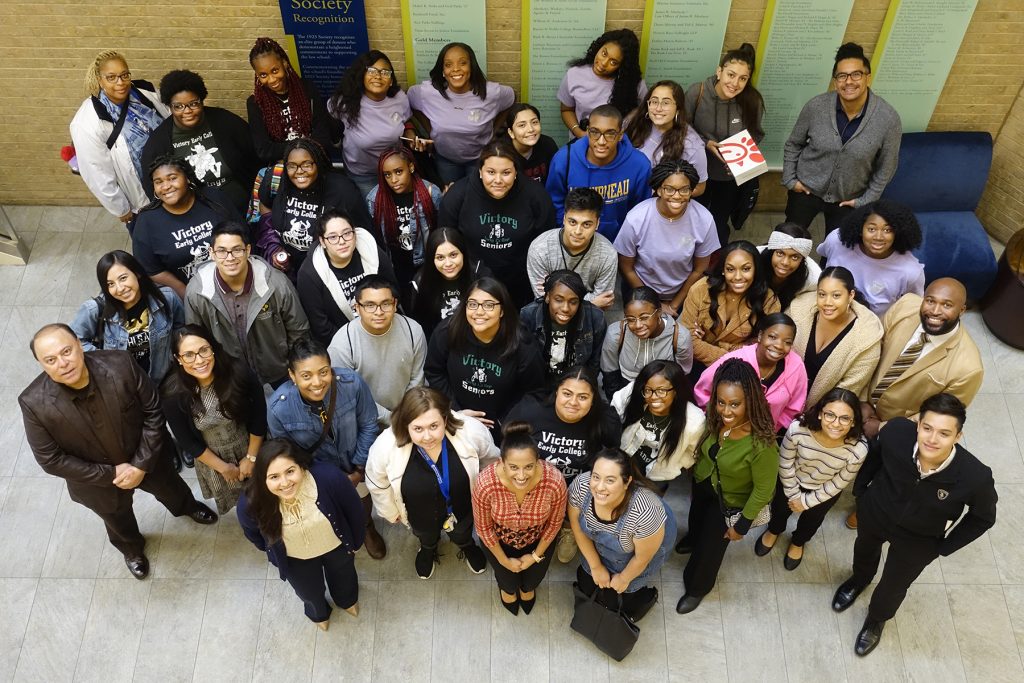
Vinh Ho, the managing attorney of the Civil Practice Clinics and Immigration Initiatives at South Texas College of Law Houston, has a personal understanding of the challenges faced by refugees and immigrants.
He and his family were refugees after the Vietnam War, fleeing by boat in the early 1980s. Rescued and placed in refugee camps in Indonesia, they eventually resettled in Houston.
“My passion for public interest work for immigrants and refugees stems from this background,” Ho said. “To pay it forward, I have done advocacy work at the local, state, federal and international levels, focusing on Southeast Asia — just as others have advocated for me and my family.”
Ho began his career as a public interest attorney, mostly representing immigrants and refugees — first at YMCA International Services, then at Boat People SOS. His duties and roles at BPSOS expanded and became increasingly managerial and administrative over time.
“I served as the executive director for a couple of years before deciding I missed the practice of law,” he said. His desire to return to legal pursuits brought him to STCL Houston, where he was able to develop and enhance a clinical program he thought was “ripe for expansion.”
Not long after arriving at South Texas in August 2014, Ho launched the Immigration Initiatives — a program that enveloped an existing Asylum/Human Trafficking Clinic and a newly created Immigration Clinic. He felt the Immigration Clinic was long overdue as a service, with the added benefit that students would find the subject matter appealing and could pursue it as a potential career path.
Under Ho’s management, the Civil Practice Clinics have doubled in size, including the addition of Veterans, Expunction/Nondisclosure, and Landlord/Tenant clinics. The pro bono work of the STCL Houston Randall O. Sorrels Legal Clinics is vitally important to the law students and the community.
“First-year and other doctrinal courses help students think like lawyers,” Ho said. “Clinics help students become lawyers, applying their knowledge to real issues, clients and cases. These cases involve people with compelling stories, seeking access to justice but lacking the funds to do so. Without legal aid and volunteer legal service programs, many would be denied the right to work, live and protect their families.”
Ho has taken the clinics directly to the people of Houston. “Instead of serving as a hub where applicants or clients come to receive services, we have worked hard to embed our teams in the community,” he said.
For example, during the latter part of 2020, Ho and the clinic students and staff partnered with government entities and community-based organizations to hold drive-thru clinics. They helped hundreds of individuals facing housing instability be able to stay in their homes.
“It’s fulfilling to see the students appreciate that this gives them the opportunity to be a part of something bigger than themselves — to see they can effect change in the lives of families,” he said.
Last year, Ho co-taught the Immigration Clinic and the Asylum/Human Trafficking Clinic. His students were not just taking a class about procedure and paperwork. They were seeing things through the lens of Ho’s lived experience, which has come full circle as he helps others in similar circumstances. “The students’ perspective was equally changed by the clients’ stories, and they understood how complicated the whole situation is for immigrants or refugees,” he said.
According to Catherine Burnett, associate dean for experiential education and professor of law at STCL Houston, Ho’s work has both impact and reach.
“As managing attorney, Vinh has been a critical part of expanding our onsite clinics while staying true to our founding vision of excellence in service and education,” Prof. Burnett said. “His leadership ensures a high, demanding degree of professionalism in our legal practice. That’s essential for the school’s ‘public interest law firm.’ It impacts the services our clients receive and models best practices for our students.”
Ho feels strongly that telling his story can help fight existing cultural biases and attract more Asian Americans to a career in law.
“In many Asian communities, there are negative stereotypes about lawyers,” he said. “We take it for granted that the legal profession garners respect here in the U.S. If you grow up in a place where lawyers are not respected or trusted, you cannot see yourself in that profession. Hopefully, my story and the work I am doing will change the way the profession is seen by first- and second-generation Asian Americans who have no other point of reference.”
Burnett agrees that Vinh plays a key role as bridge builder, within the law school and the larger community. “He seeks out and creates collaborative opportunities and keeps us connected with the larger legal needs facing the communities we serve. We are lucky he is here.”




